Let the Fans Cheer
When does passionately supporting our sports team become inappropriate?
Four senior boys camp outside the gym after being kicked out of a basketball game.
May 16, 2016
Many students may have seen the snapchat stories on their phone with a particular slogan: “LET THE FANS CHEER.” This slogan has evolved into a campaign of sorts, for the conflict between a particular group of students and the administration at Terra Linda High School, as well as a few other individuals.
Although many schools and students, even parents, have been cheering intensely at various high school sporting events, things got out of hand between a group of Terra Linda High School seniors, a few sports officials, and the administration this year. This ongoing conflict began at the first Novato soccer game, where a group of TL seniors were, according to senior and student body president Jeff Weiner, “kicked out [of the game] unjustly because of [Novato’s] athletic director.” Senior Noah Savelli, who was at the game, mentioned that the Terra Linda fans, in this particular case, were solely cheering positively for them team.
Before any of these incidents occurred, Katy Dunlap, Terra Linda High School’s principal, recognized that sports seasons like basketball and soccer are relatively rowdy, and decided that some of the boys she knew were going to cheer for their team should attend an MCAL behavioral meeting. This particular group of boys were given a set of rules and regulations by the MCAL board of athletics. Like any set of rules, interpretation is subjective. MCAL Cheering Rules PDF (1)
Patrick McNamara, who attended the MCAL behavior meeting, says that he knew the athletic director’s warning at the Novato soccer game was unjust, because they were simply chanting “Trojan Nation,” and cheering for their team, which the athletic director found to be disrespectful. Savelli mentioned that the athletic director was also very strict with other parents from both schools, and the way he was conducting himself on the job was “immature.” Savelli did admit to getting angry and throwing a few swear words at the athletic director after many incidents of unfair warnings, which may have added flames to the fire.
After the game, the students were disciplined by TL administration. Savelli says Dunlap gave the students a chance to “speak for themselves and take ownership of their participation.” She gave them the chance to write down a punishment that the students felt applied to each of them specifically. Some said suspension from a couple games, some said suspension from away games, some said suspension from five games, etc.
However, since this incident, there have still been several instances where these seniors have had warnings from the referees, complaints from parents, and more, about their cheering.
Weiner mentions that the issues between this particular group of fans and the administration has been going on way before the whole “Let the Fans Cheer” campaign, and says that “Let the Fans Cheer” was essentially a reaction, due to the bad reffing and the punishments the boys were receiving for standing up for their players.
A lot of the issue is interpreting what cheers are offensive and what are not. The chant “air ball,” which the boys have been warned about, or cited for in past games, has been a popular cheer since essentially the beginning of basketball. Although it can be interpreted as an individual remark, which is marked as inappropriate by the MCAL board of athletics, it is relatively general, and almost tradition.
This group of boys understands that a few of the remarks thrown out at the games may have come across as extreme, such as a direct quote I heard from a home soccer game towards the referee, “Is that whistle the only thing you blow?” This type of comment was generated from a long term relationship between a particular referee and this group of senior boys. The students believe he makes terrible calls, singles them out as students, and is not respectful to them, leading to lack of motivation to reciprocate the respect. Some of them did not believe that their disrespectful remarks hurt the team or turned the referee against Terra Linda’s sports team. McNamara quotes, “If you’re a bad ref, you’re gonna be a bad ref.” However, Savelli says that if the referee has had negative experiences with a school’s fan group, there will be biased calls. That being said, Savelli also mentions how frustrating calls affect not just their particular group of fans, but parents and coaches as well, and will push multiple groups of people to react. Savelli says about the varsity soccer team specifically, “It’s an NCS championship team, it’s pretty important.” This indicates that people will get fired up and serious about a team that is so valuable for Terra Linda High School.
McNamara also comments on some mixed messages from authority figures. He mentions that some of the referees would laugh at a comment thrown at a particular player for comedic purposes, such as “hit the weight room.” Savelli also notes that even after a parent complained about the cheers at a basketball game, a teacher was sitting with the students throughout the game, and gave them no warning that they were doing something wrong. In addition to that, an assistant coach from the TL basketball team was actually encouraging the boys to keep cheering and remain excited, because he thought it was helping the players.
Usually, the cheering does help the players. Hesler Deleon, a senior and key player of the varsity soccer team, thinks that the cheering does help the team perform better, and that he values that so many students support the team.
The main issue is that the passion of the students for the game and taking their teams to the next level was misinterpreted, and it escalated into individual remarks and conflicts with referees. Referees make bad calls, and people get upset; it’s often difficult to find the line between pumping up the team and being actively supportive, and becoming offensive, aggressive, and unnecessarily “rowdy.” That being said, our school has great athletes, and a group of students who cheer too much, which is certainly more helpful than a group who cheers too little. We have the right idea, it’s just making sure our sports fans keep the good intentions that they started with, and that the administration acknowledges this intention of support, and recognizes it when addressing the situation.


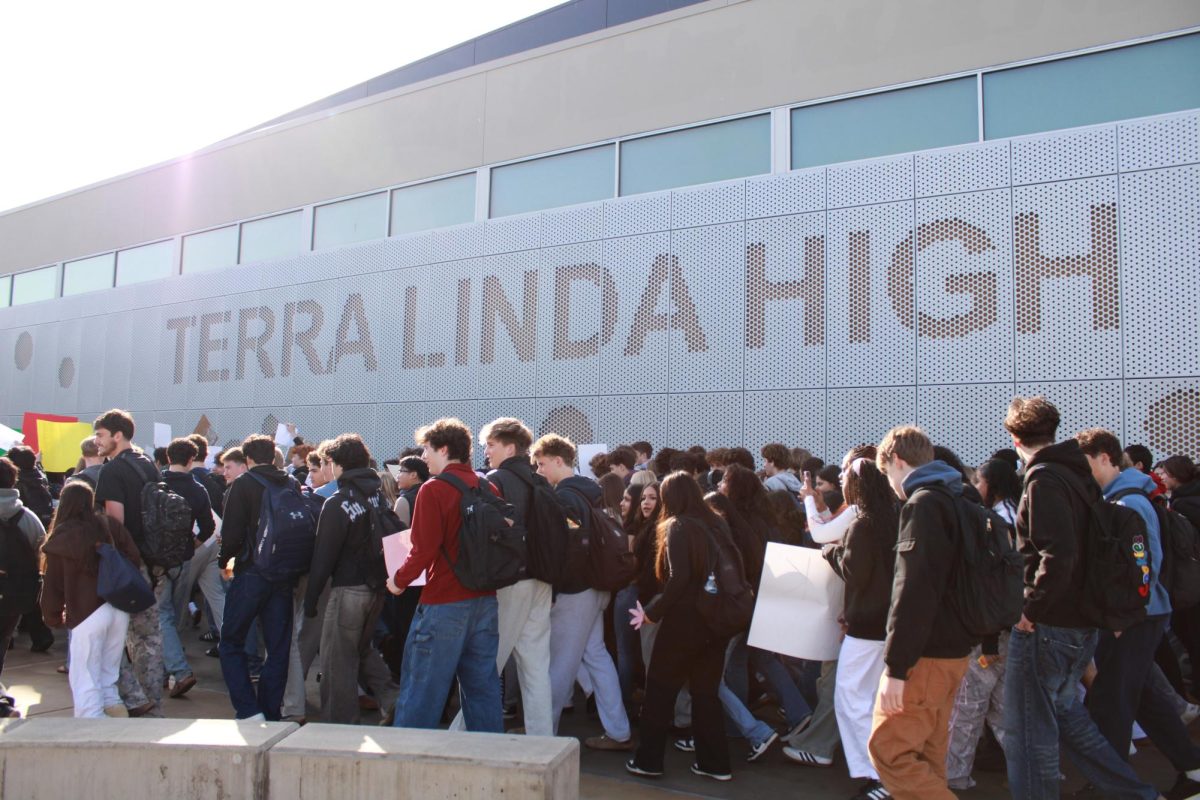
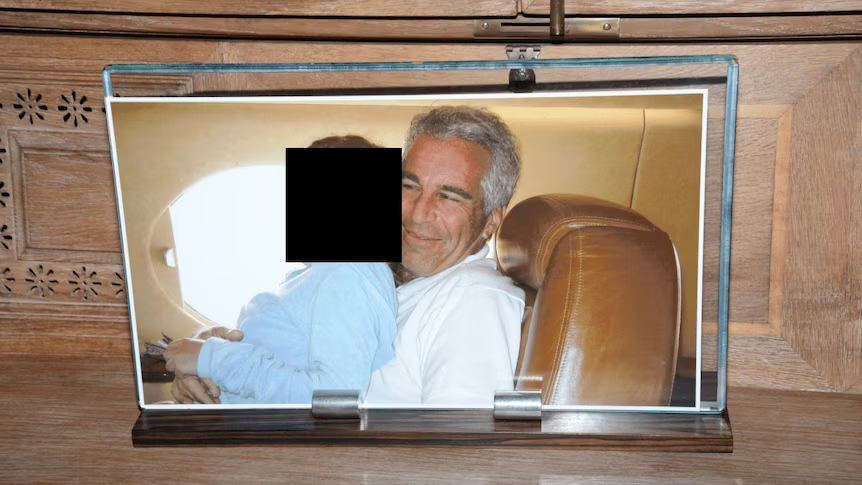
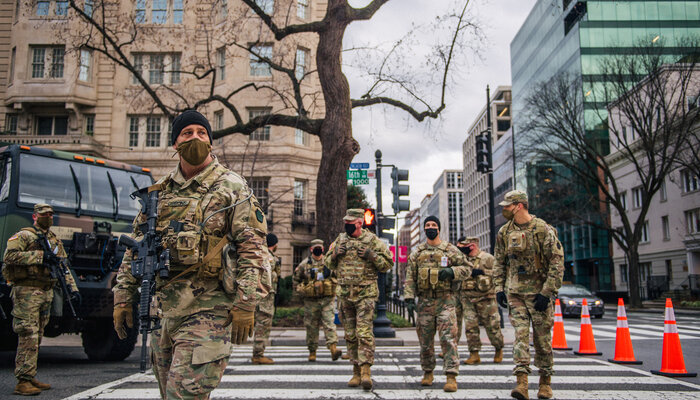
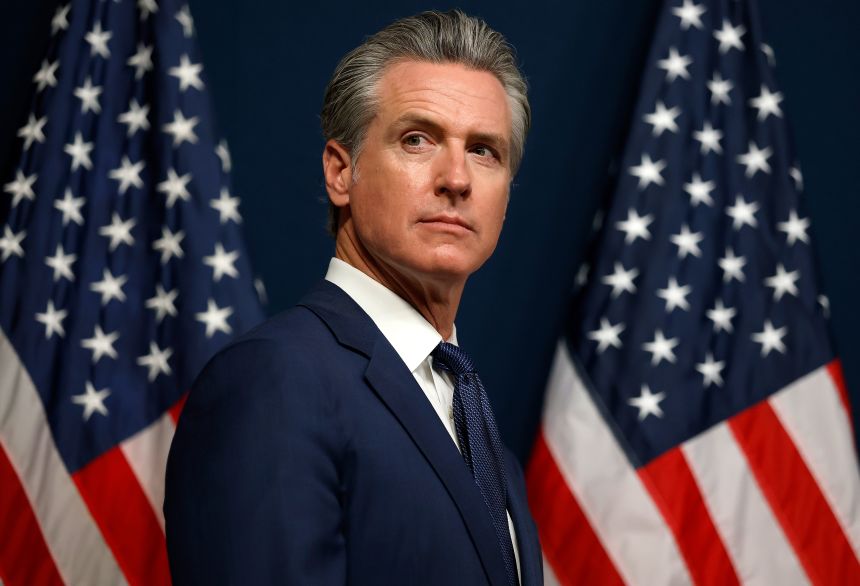
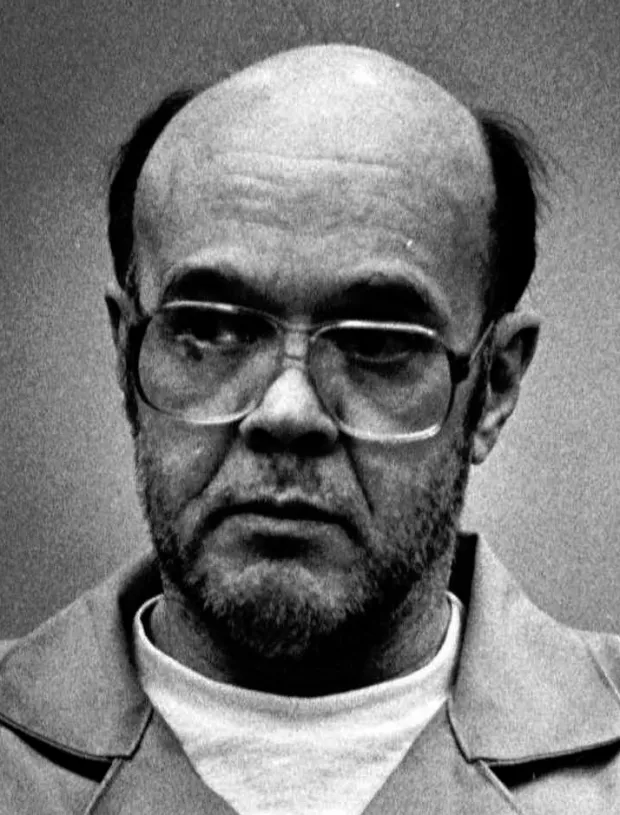
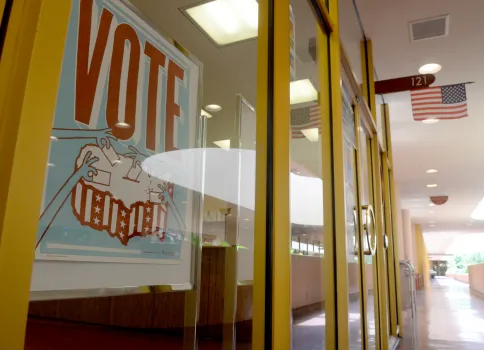



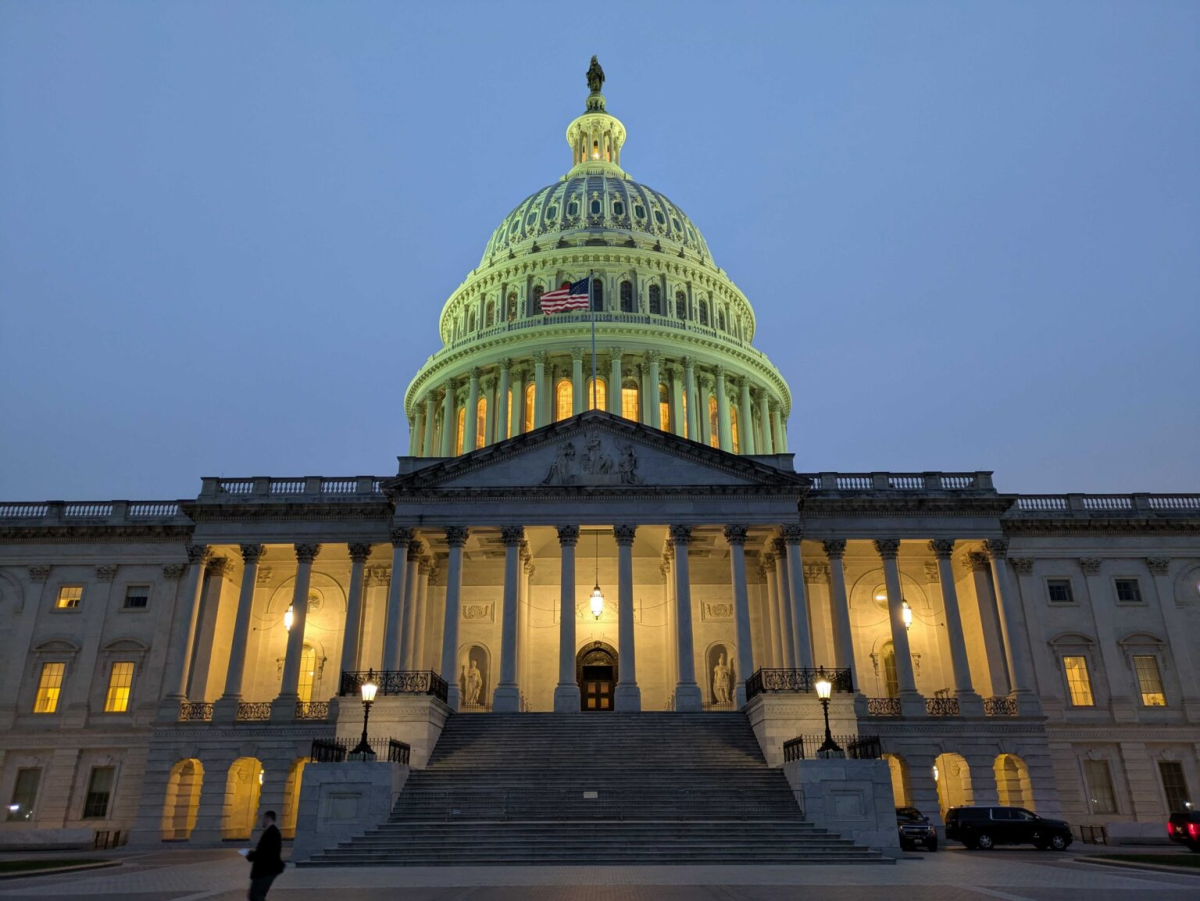









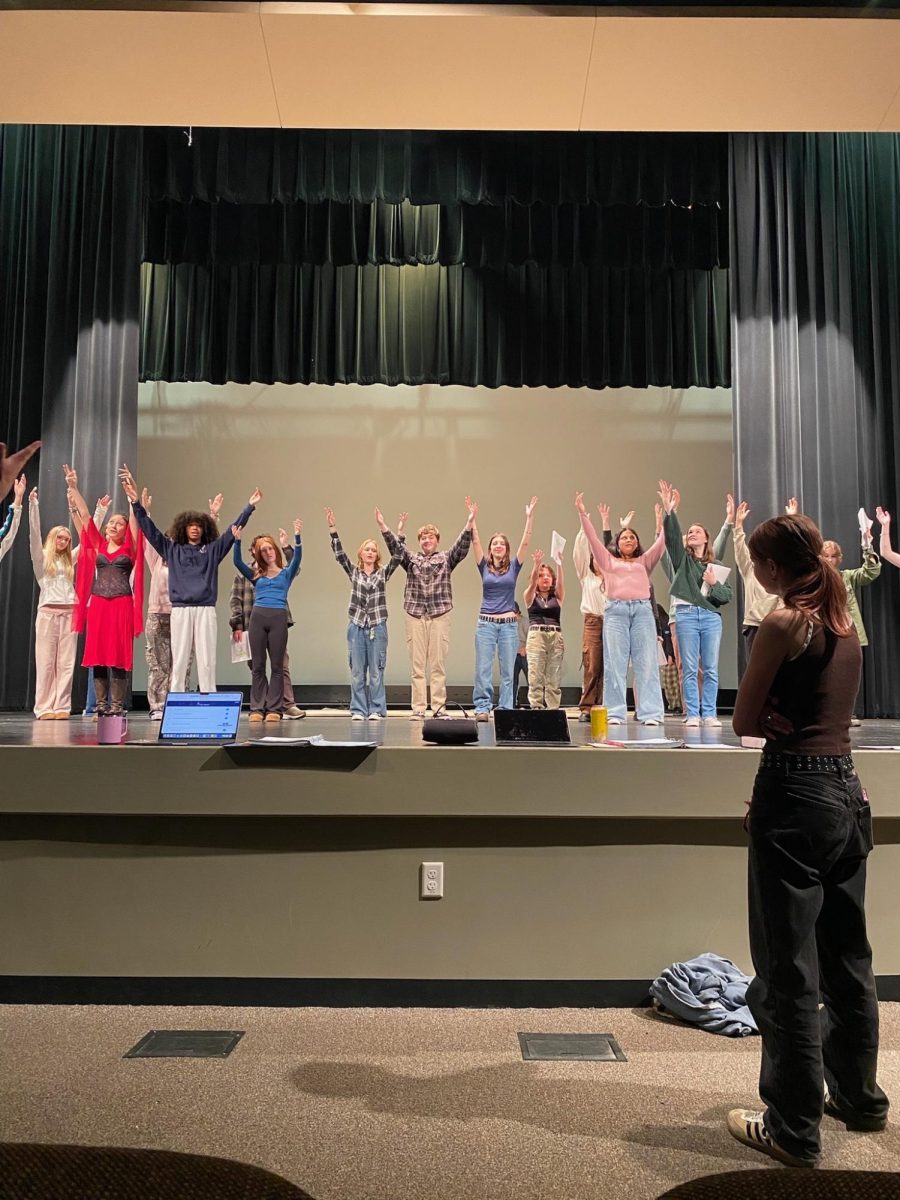
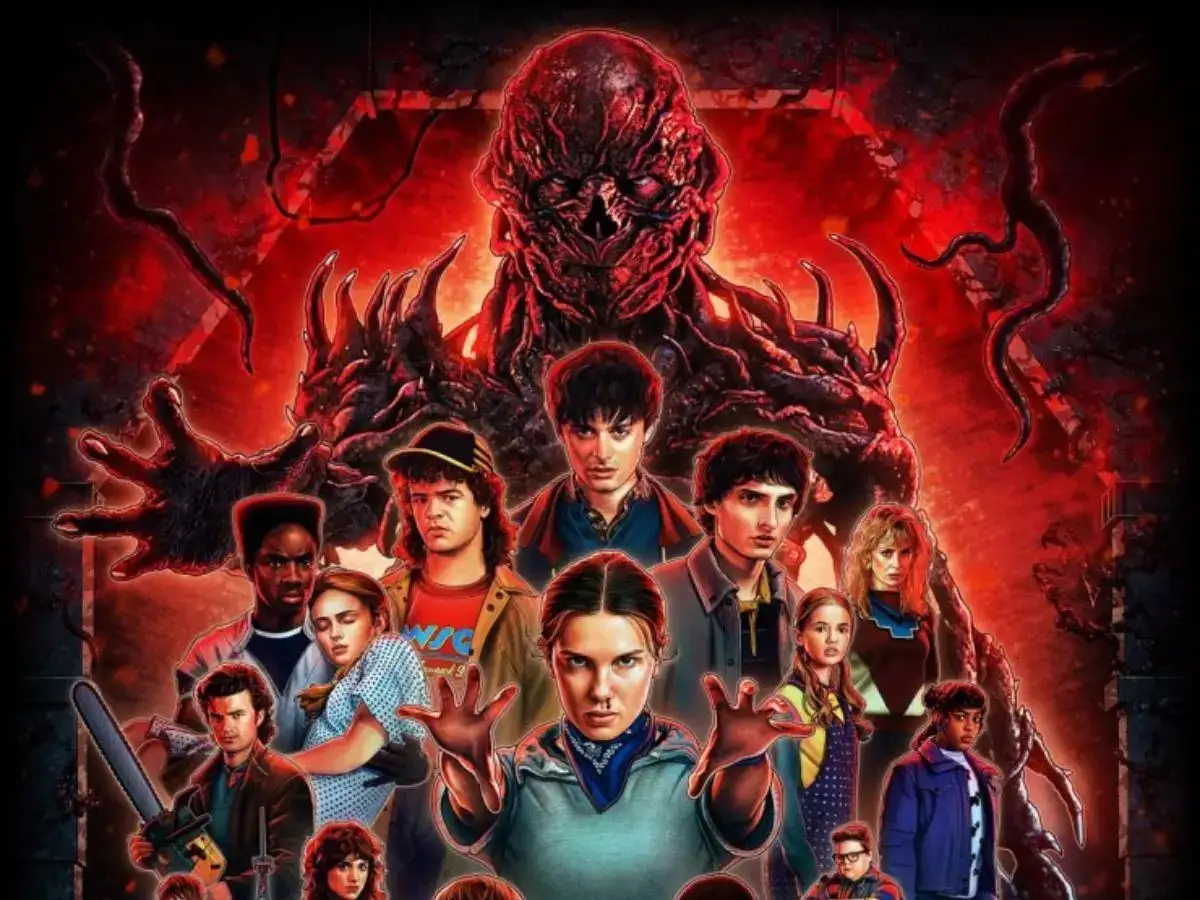


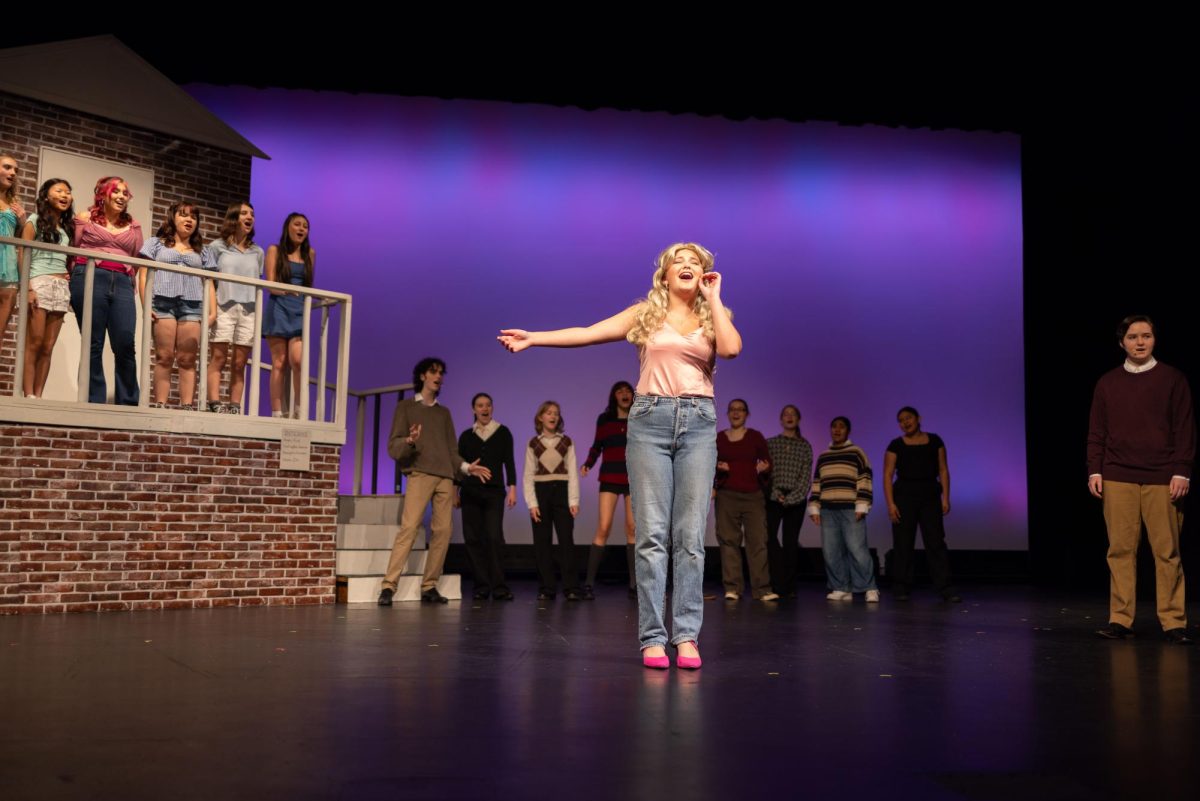










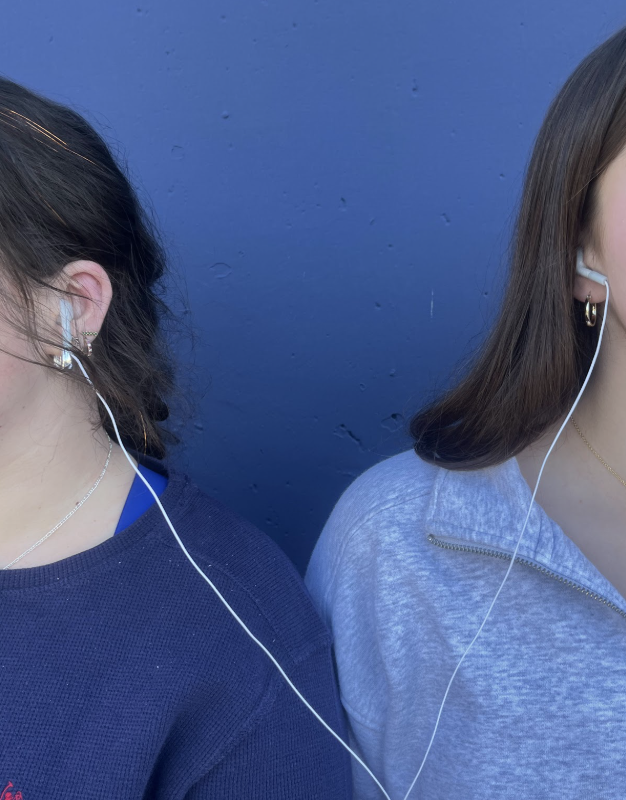













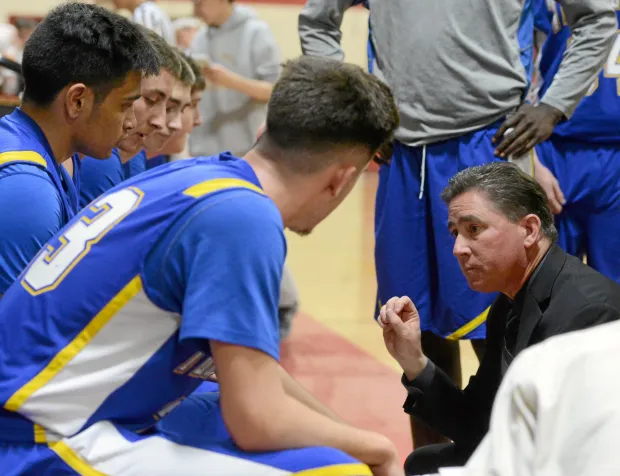


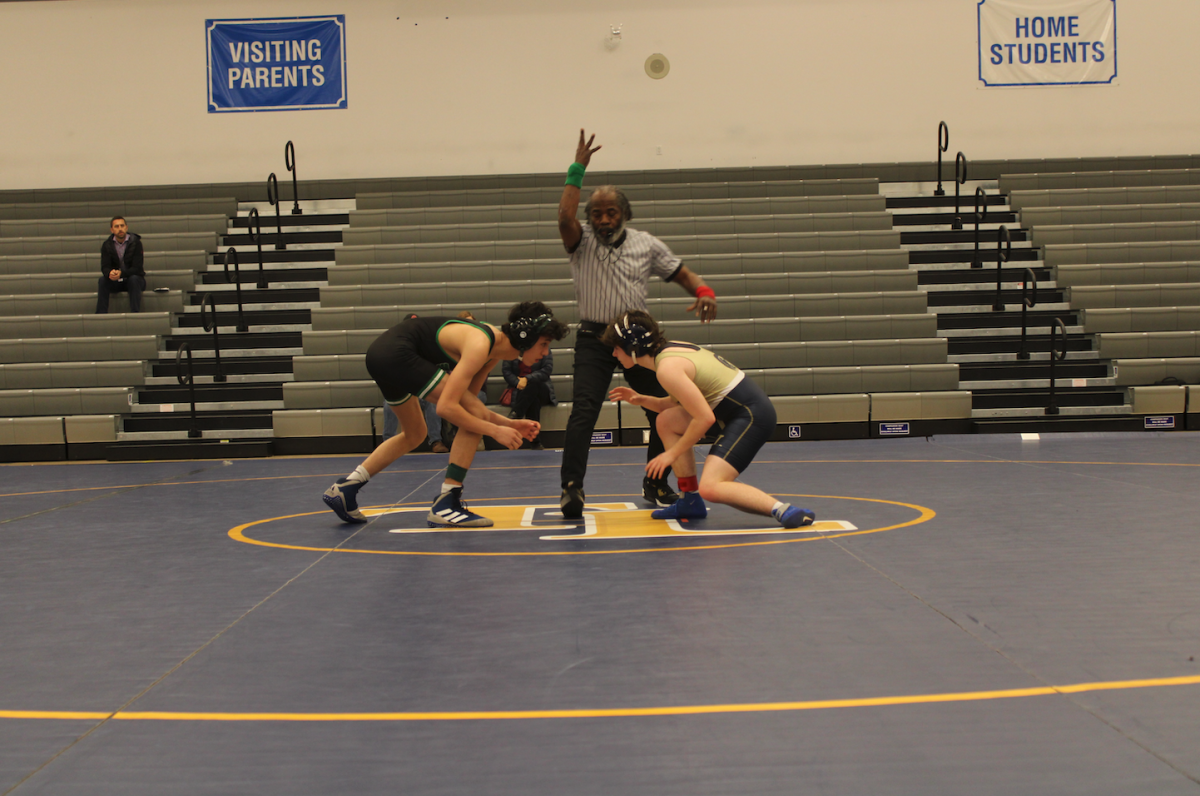

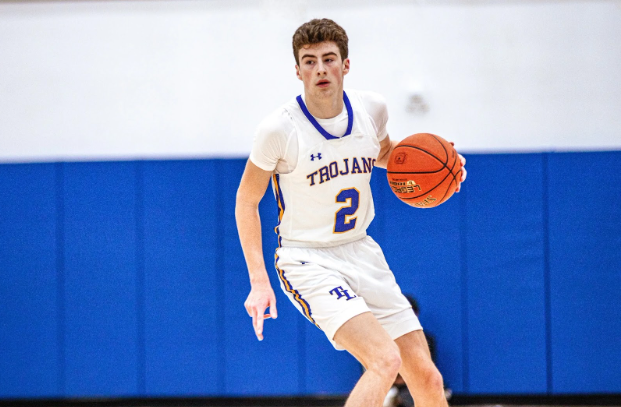
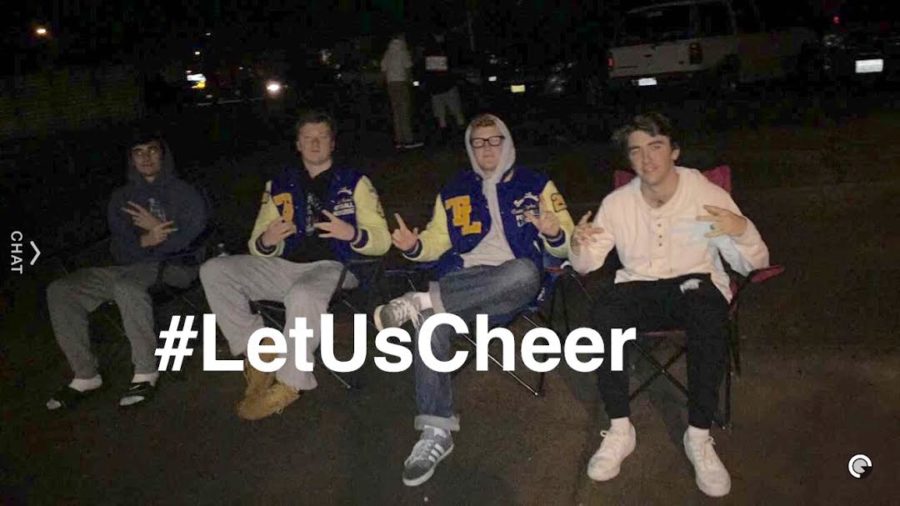

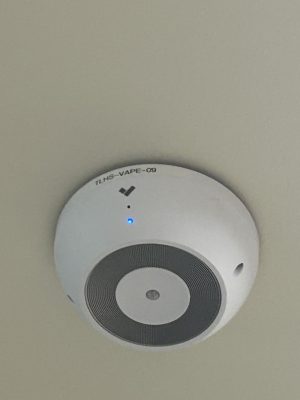
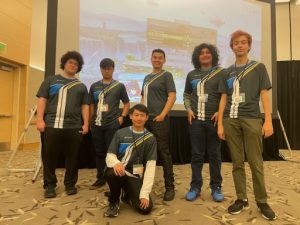

let us cheer • Jun 6, 2016 at 10:07 am
if you’re gonna play varsity sports people are going to talk trash to you. sorry eveyrbody is so sensitive nowadays
Zach Bibeault • May 23, 2016 at 9:47 am
As someone who used to play basketball for many years in competitive leagues such as CYO, AAU, MCAL and Marin Junior High, I have seen and witnessed plenty of trash talk from players, fans and coaches during my career. This type of speech isn’t unusual in any circumstance due to the fact that it’s been a part of the game of Basketball ever since the sport’s creation. If trash talk offends you at this point of playing Varsity Basketball at the highest level of high school competition, how do you think you will be able to survive at the collegiate and professional level? If you are too sensitive to trash talk from other teams than maybe you should consider either playing a different sport or not playing sports in general. The fact that academic institutions here and around the United States feel that it is okay to censor kids outside the classroom is quite alarming for the future of our First Amendment. The First Amendment protects all speech including speech we do not agree with and limiting that speech especially in an athletic setting should not be accepted or tolerated. If you are a fan that is offended by the speech of other fans than consider speaking up for yourself instead of penalizing those fans through the administration. Just a suggestion. Go Trojans and continue to play hard!
Jacob Laura • May 23, 2016 at 11:57 am
Except if your freedom of speech infringes on ones well being, so no, you can’t just trash talk while citing your first. It’s like if you started booing and jeering at a player who made a mistake, which could then cause emotional damage. Just a suggestion, don’t cite an amendment if you don’t even understand it’s legal applications.(Chaplinsky v. New Hampshire) On another note, this is why referees can and will kick out people who are causing a distraction for the players, I do not think that small violations such as some jeering and trash talking(as they are common) should receive severe punishments, but the amount and intensity of TL sports crowds is definitely out of hand and requires some sort of action. Rather than criticizing the school and students, we should try to look for a medium ground to limit the fans inappropriate comments, maybe a list of students who are repeated offenders could be kept from attending future games. Anyway, just a suggestion.
Donna Romberger • May 16, 2016 at 8:09 pm
I have been the TL cheerleading coach for 9 years. In the past two years it has become almost embarrassing to attend our games because the fans say absolutely awful things to the players on the other teams. I have heard everything from a comment asking them about their birth origin, their sexual orientation or their desire to date an opposing player. Air ball is most definitely the least of the objectionable comments.
The teachers and administration who sit with the rowdy fans and do nothing are as much at fault as the fans for not helping to resolve this behavior.
Last year our basketball season started at Redwood or Tam with TL students literally body surfing on the floor as the opposing team would take the ball down the court.
I hear in the article an acknowledgement that the referees feel strongly that TL has a rowdy group of fans and they don’t like to deal with our crowd. The writer acknowledges that it might affect the refs calls against our teams, but I do not hear that they care enough for their teams to behave. Is personal responsibility for your actions so difficult?
I believe there are lots of positive options for cheering on the team that do not include individual insults yelled at students, referees or coaching staff.
Maybe the MCAL behavior meeting is something that should be required repeatedly until a student demonstrates that they understand what its respectful?
After many years in the stands at Terra Linda it is sad to attend the games and spend more time supervising the bad behavior of the fans than enjoying the excitement of the game.